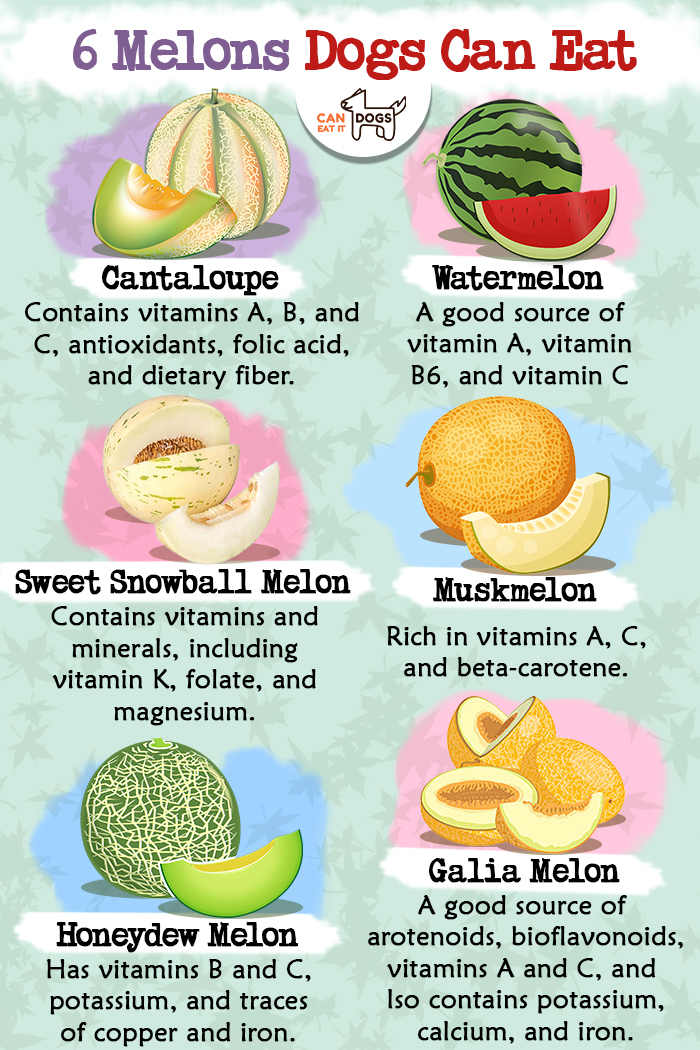Can Dogs Have Cantaloupe Safely? A Comprehensive Guide for Pet Owners
Cantaloupe, with its sweet and refreshing taste, is a beloved fruit for many. As a pet owner, you may have wondered, “Can dogs have cantaloupe?” This comprehensive guide will provide you with all the essential information you need to ensure your furry friend’s safety and well-being when it comes to enjoying this juicy fruit. We’ll explore the safety, potential benefits, and the correct way to serve cantaloupe to your canine companion.
Is Cantaloupe Safe for Dogs?
Cantaloupe, also known as muskmelon or rockmelon, is a nutritious fruit packed with vitamins A and C, as well as fiber and antioxidants. But is it safe for dogs? Let’s dive into the details.

Understanding the Safety Aspect:
Cantaloupe, in moderation, is generally safe for dogs. It offers essential nutrients that can contribute to their overall health. However, it’s crucial to consider a few factors before sharing this fruit with your furry friend.
Nutritional Value for Dogs:
Cantaloupe is not only delicious but also nutritious for dogs. It provides a healthy dose of vitamins, particularly vitamin A and vitamin C, which can support their immune system and promote healthy skin.
Addressing Potential Risks:
While cantaloupe is safe for most dogs, some may be sensitive or allergic to it. Keep an eye out for any signs of adverse reactions, such as digestive upset or allergies.
Health Benefits of Cantaloupe for Dogs
Cantaloupe isn’t just a delightful snack for humans; it can also offer some health benefits to our canine companions. Here’s a closer look at how this juicy fruit can contribute to your dog’s well-being:
Rich in Essential Nutrients:
Cantaloupe is packed with essential vitamins and minerals that can positively impact your dog’s health. The high vitamin A content supports good vision, while vitamin C acts as an antioxidant, helping to boost the immune system.
Promotes Hydration:
One of the unique qualities of cantaloupe is its high water content, which can help keep your dog hydrated, especially on hot days. Adequate hydration is essential for overall health and can aid in digestion.
Beneficial for Skin and Coat:
The vitamins and antioxidants in cantaloupe can contribute to healthy skin and a shiny coat in dogs. These nutrients can help reduce skin issues and promote a soft, lustrous fur texture.
A Healthy Alternative Treat:
If you’re looking for a healthier alternative to commercial dog treats, cantaloupe can be an excellent choice. It’s low in calories and fat, making it suitable for dogs on a diet or those prone to weight gain.
Moderation and Preparation
While cantaloupe can be a healthy and tasty treat for your dog, moderation is key to ensuring their safety and well-being. Here’s how to offer cantaloupe to your furry friend safely:
Portion Control is Vital:
Start by introducing small amounts of cantaloupe into your dog’s diet. A few small cubes or slices are sufficient, especially for the first time. This allows you to monitor how your dog reacts to the fruit.
Remove Seeds and Rind:
Before sharing cantaloupe with your dog, remove all seeds and the tough outer rind. The seeds can pose a choking hazard, and the rind is difficult for dogs to digest.
Avoid Seasonings and Additives:
Never add any seasonings, sugar, salt, or spices to the cantaloupe when serving it to your dog. These additives can be harmful to their health.
Monitor for Allergic Reactions:
After your dog tries cantaloupe for the first time, keep an eye out for any adverse reactions. Signs of allergies or sensitivities may include gastrointestinal upset, itching, or changes in behavior. If any of these symptoms occur, consult your veterinarian.
Moderation is Key:
While cantaloupe can be a healthy addition to your dog’s diet, it should be given as an occasional treat rather than a daily snack. Too much of any new food can upset your dog’s stomach.
Consult Your Veterinarian:
If you have concerns about introducing cantaloupe into your dog’s diet or if your dog has specific dietary needs or health issues, it’s always a good idea to consult your veterinarian for personalized guidance.
Signs of Cantaloupe Allergies or Problems
While cantaloupe is generally safe for dogs, it’s essential to be vigilant for any signs of allergies or adverse reactions. Here’s what to watch out for:
Digestive Issues:
Some dogs may experience digestive upset after consuming cantaloupe. Watch for symptoms such as diarrhea, vomiting, or excessive gas.
Allergic Reactions:
Allergic responses can manifest as itching, redness, or swelling around the mouth or face. If your dog starts scratching or shows signs of discomfort, it’s crucial to monitor the situation closely.
Behavioral Changes:
Pay attention to any unusual behavior changes, such as lethargy or agitation, which may indicate that something is amiss.
Changes in Stool:
Keep an eye on your dog’s stool for any unusual changes in color, consistency, or frequency after consuming cantaloupe.
Consult Your Veterinarian:
If you notice any of these symptoms or are concerned about your dog’s reaction to cantaloupe, it’s best to consult your veterinarian promptly. They can provide guidance and recommend appropriate measures to address any issues.
Moderation and Alternatives
While cantaloupe can be a delicious and healthy treat for your dog, it’s crucial to maintain moderation in their diet. Here are some key points to keep in mind:
Moderation is Key:
Cantaloupe should be given as an occasional treat, not a regular meal replacement. Remember that your dog’s primary diet should consist of high-quality dog food tailored to their specific needs.
Portion Control:
Always be mindful of the portion size you offer to your dog. Small breeds should receive smaller pieces, while larger dogs can have slightly larger portions.
Balanced Diet:
Cantaloupe should complement your dog’s regular diet rather than replace it. Ensure they receive a balanced diet that meets their nutritional requirements.
Variety is Beneficial:
While cantaloupe is a healthy option, it’s a good idea to introduce variety into your dog’s diet. Consider other safe fruits and vegetables, such as blueberries, carrots, or apples, to provide a range of nutrients.
Consult Your Veterinarian:
If you have any doubts about your dog’s diet or if they have specific dietary requirements or health concerns, consult your veterinarian. They can offer personalized guidance based on your dog’s unique needs.
FAQ’S
1. Q: Can dogs eat cantaloupe safely?
A: Yes, dogs can eat cantaloupe safely when served in moderation and with precautions. Remove seeds and rind before offering it.
2. Q: Is cantaloupe beneficial for dogs?
A: Cantaloupe can offer health benefits to dogs, including vitamins and hydration, but it should be given in moderation.
3. Q: What are the risks of feeding cantaloupe to dogs?
A: The primary risks include choking hazards from seeds and potential allergies or digestive upset in some dogs.
4. Q: How should I prepare cantaloupe for my dog?
A: Remove seeds and rind, and cut them into small, bite-sized pieces to prevent choking and ensure safe consumption.
5. Q: Can cantaloupe cause allergies in dogs?
A: Yes, some dogs may be sensitive or allergic to cantaloupe. Watch for signs of allergies like itching or digestive upset.
6. Q: What’s the ideal portion size of cantaloupe for dogs?
A: The portion size depends on your dog’s size. Small breeds should receive smaller pieces, while larger dogs can have slightly larger portions.
7. Q: Are there alternatives to cantaloupe for dogs?
A: Yes, other safe fruits and vegetables like blueberries, carrots, and apples can provide variety in your dog’s diet.
8. Q: Can puppies eat cantaloupe?
A: Cantaloupe can be introduced to puppies once they are weaned and their digestive systems are more mature. Start with small amounts.
9. Q: Should I serve cantaloupe with the skin on?
A: It’s best to remove the tough outer rind to make it easier for your dog to digest.
Conclusion:
As a responsible pet owner, your furry friend’s health and well-being are your top priorities. Cantaloupe can be a safe and nutritious addition to your dog’s diet when offered in moderation and with care.




